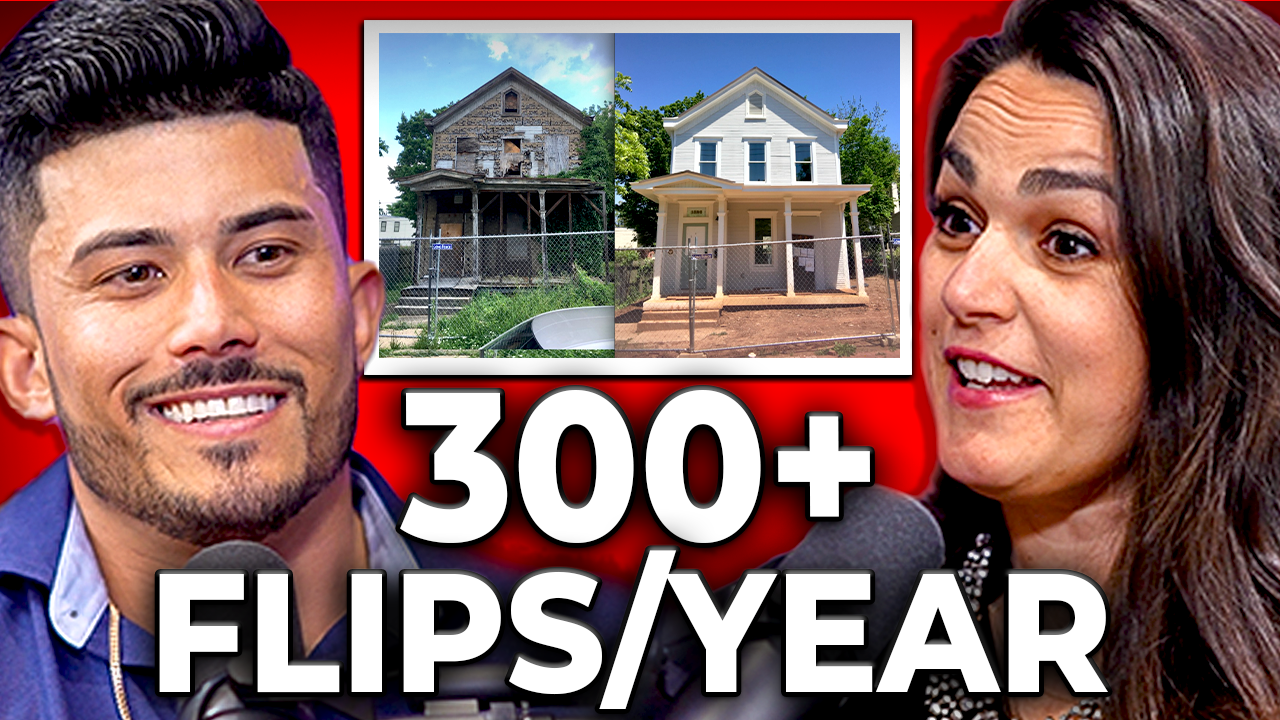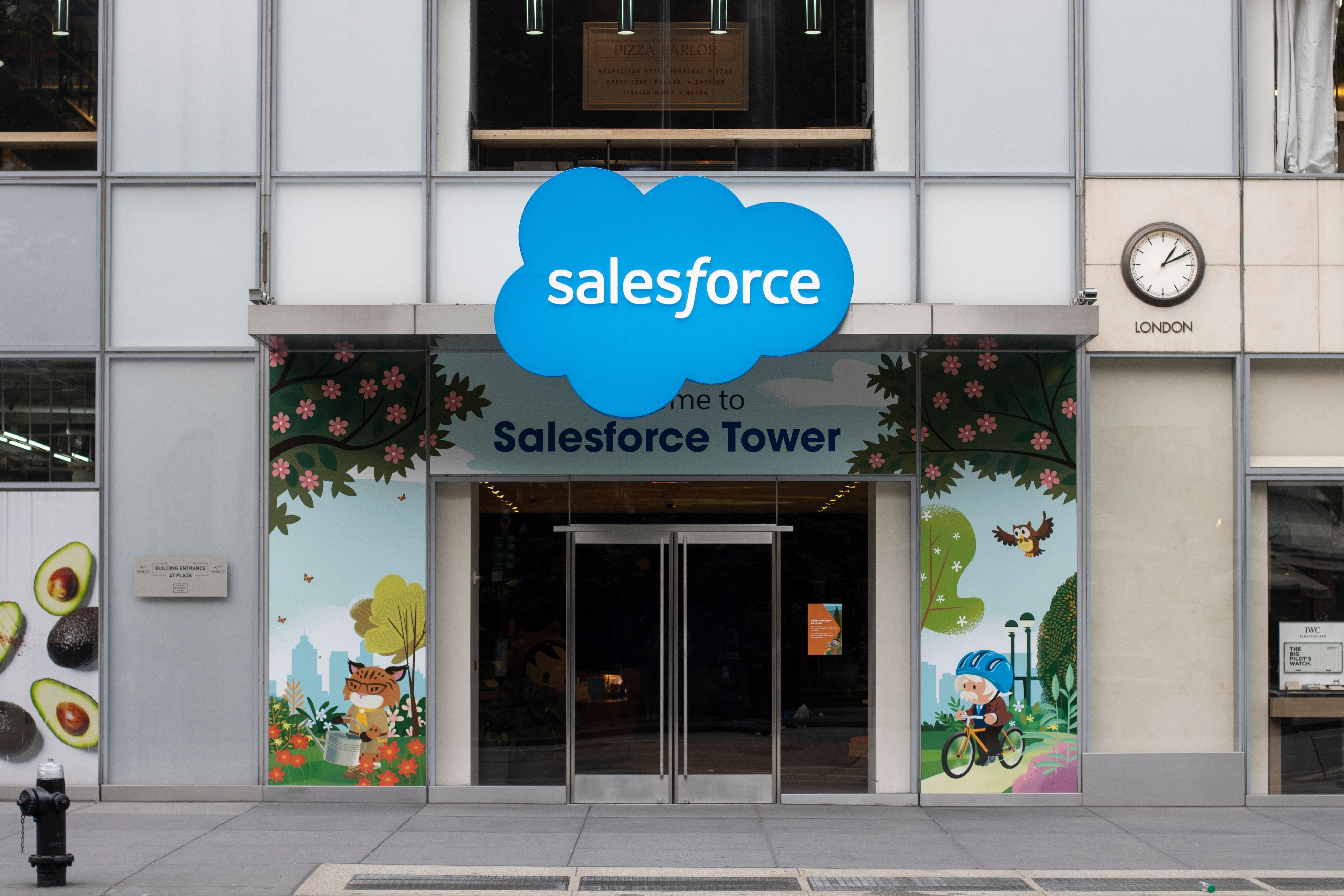5 Key Metrics for Commercial Investors

These metrics are essential for evaluating the performance and potential of commercial properties, helping investors make informed decisions and optimize their investments.
Investing in commercial real estate involves a different set of metrics compared to residential real estate. These metrics are essential for evaluating the performance and potential of commercial properties, helping investors make informed decisions and optimize their investments. Here are the five metrics that matter most to commercial real estate investors.
Net Operating Income (NOI)
Net Operating Income (NOI) is the total income generated from a property, minus operating expenses, but before deducting taxes and interest. This metric is crucial as it provides a clear picture of a property’s profitability.
Why It Matters:
Helps assess the profitability of a property.
Essential for calculating other key metrics like cap rate and ROI.
Allows investors to compare different properties on a similar basis.
Capitalization Rate (Cap Rate)
The Cap Rate is the ratio of a property’s NOI to its current market value. It is a key metric for evaluating the potential return on a commercial real estate investment.
Why It Matters:
Helps determine the return on investment.
Useful for comparing the profitability of multiple properties.
A higher cap rate generally indicates a higher return, though it may also imply higher risk.
Gross Rent Multiplier (GRM)
Gross Rent Multiplier (GRM) is a simple metric used to evaluate the value of a property by comparing its price to its gross rental income. It is particularly useful for quick comparisons between properties.
Why It Matters:
Provides a quick estimate of a property’s value.
Helps investors identify undervalued or overvalued properties.
Useful for preliminary screening of potential investments.
Debt Service Coverage Ratio (DSCR)
The Debt Service Coverage Ratio (DSCR) measures a property’s ability to cover its debt obligations with its NOI. Lenders often use this metric to evaluate the risk of lending to an investor.
Why It Matters:
Indicates the financial health and stability of a property.
A DSCR greater than 1 means the property generates sufficient income to cover its debt.
Essential for securing financing and assessing investment risk.
Cash-on-Cash Return
Cash-on-Cash Return measures the annual return on the cash invested in a property. It helps investors understand the return on their actual cash investment, excluding loan financing.
Why It Matters:
Provides a clear picture of the return on the actual cash invested.
Helps investors compare the profitability of different investments.
Essential for assessing the efficiency of cash utilization.
How Left Main REI Can Help
Left Main REI, built on Salesforce, offers robust tools to track and analyze these critical metrics for commercial real estate investors. With customizable dashboards and real-time data, you can easily monitor your NOI, cap rates, GRM, DSCR, and cash-on-cash return. This empowers you to make data-driven decisions and optimize your commercial real estate investments for maximum returns.










